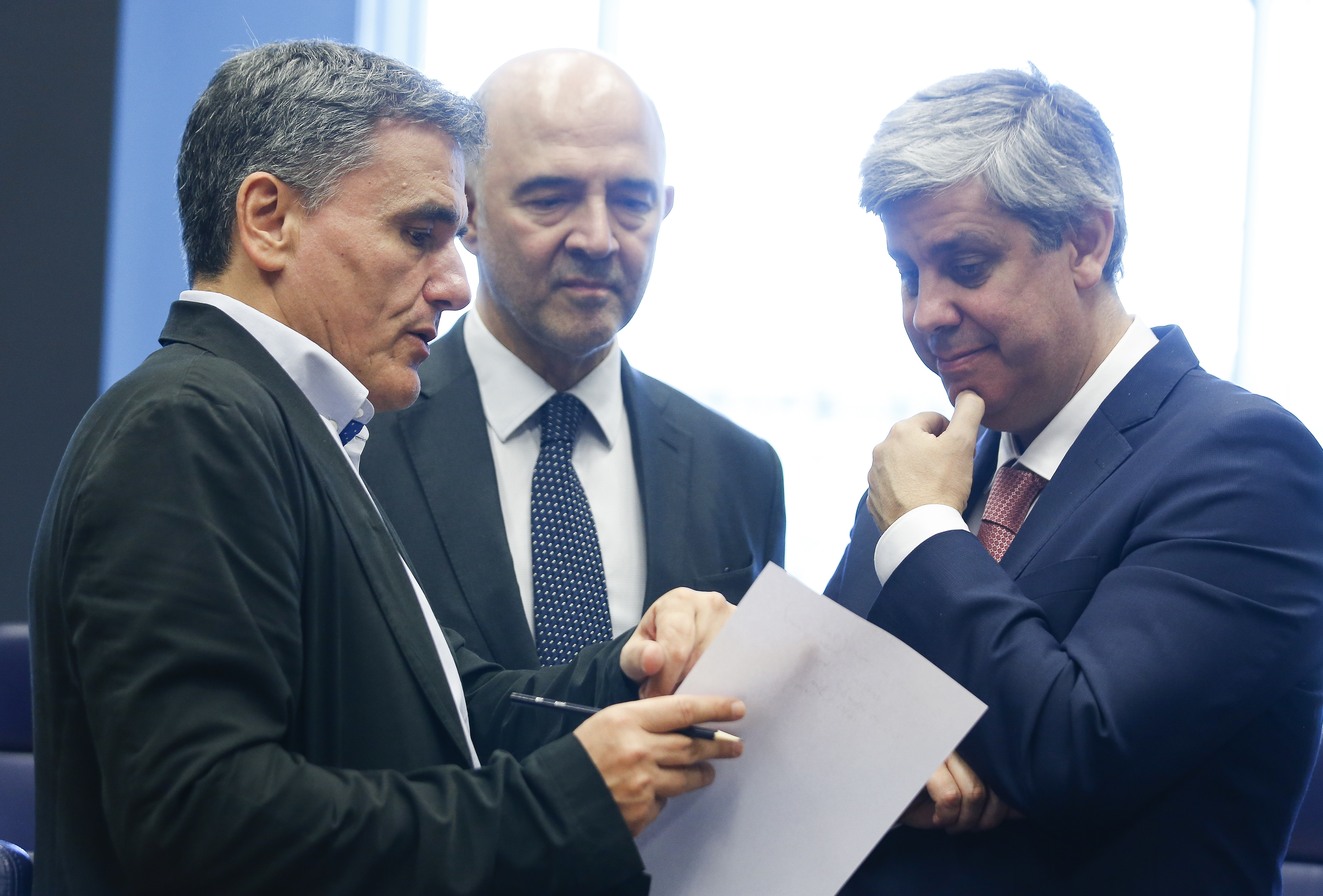Eurogroup chief Mario Centeno dashed Athens’ hopes of not cutting pensions in January, 2019, as agreed to with creditors.
“I expect that the country will not diverge from its commitments,” Centeno told Naftemporiki in an interview, noting that Greece will be under enhanced fiscal surveillance.
Just a day earlier, Economic and Financial Affairs Commissioner Pierre Moscovici, while in Athens, left open the possibility that pension cuts might be averted.
Asked about the government’s intention of taking back pension cuts, reviving the beneficial terms of collective bargaining contracts, and raising the minimum wage, Centeno said he believes Greece will fulfil its commitments, but that he sees “more space for flexibility” in drafting post-bailout policies.
Centeno rejected the argument that super-high primary surpluses will impede growth, and he dismisses the argument that Greek 10-year bonds have by far the greatest yield in the eurogroup.
Though this the first time an enhanced surveillance regime is being implemented in a eurozone country, with quarterly reviews by all four of the creditor institutions, Centeno says that the terms of Greece’s exit from the memorandum is similar to that of other bailout countries.
Centeno said the fact that the IMF did not activate its funding programme for Greece is a “non-issue”. He underlined that the IMF “will continue to be involved in the Greek programme, and that is good”.
Regarding the sustainability of the Greek debt, Centeno is optimistic that the markets will view “the immediate future” in a positive light.
For the long term, Centeno notes that, “There is a commitment by the Europeans to examine further debt relief, if necessary.”
Centeno said that the key to tax cuts is the performance of reforms over time.



